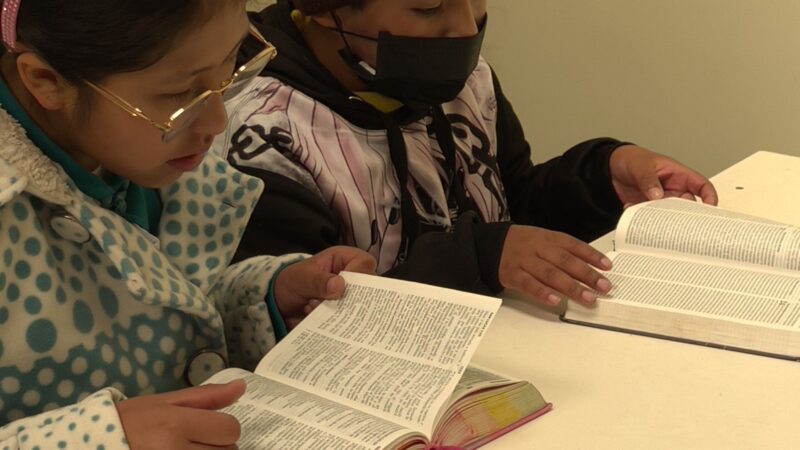What does it mean to be globally literate? In simple terms, global literacy implies understanding how the world is organized and interconnected. The globally literate understand the possibilities and problems facing people of other cultures. Essentially, global literacy is being globally-minded.
In 2016, National Geographic surveyed more than 1,200 American college students aged 18-26 to test their level of global literacy. The study found that the average student’s global literacy rate measured barely over 50%. And only 29% achieved a passing grade. But before we’re too hard on the young people, a 2019 survey by Council on Foreign Relations asked similar questions to over 2,000 Americans. They found that more than 50% couldn’t find Iraq on a world map.
For many people, the extent of their world ends at the borders of their relationships, work situation, and extended family. The phrase “out of sight, out of mind” is true. For many people, we’ve grown used to living in affluent or at least comfortable situations. Unfortunately, the plight of the extreme poor seems too difficult to identify with. Living with sympathy is admirable and encouraged. But it’s not enough! As believers, we should live with an intentional understanding of other people’s problems and struggles. Then, we can take action to live as globally-minded individuals.
When we see others as part of “another system” or “another economy,” it feels easier to keep their needs at a distance. However, Jesus spoke against this in the Parable of the Good Samaritan in Luke 10. The question that we must ask ourselves is, “who is our neighbor?” In order to treat others as Christ treated them, we must live as global citizens. We must take the conditions of our neighbors seriously. And then, we should show our care with our passion for prayer, service, and aid.
It’s hard to explain what it’s like to live on less than two dollars a day. Even for those of us who work in this field every day, it isn’t easy to understand the day to day needs of others. As we seek to know better the struggles of our neighbors, let’s appeal to God to give us the wisdom, compassion, and drive to, with “humility, consider others better than (our)selves.”




